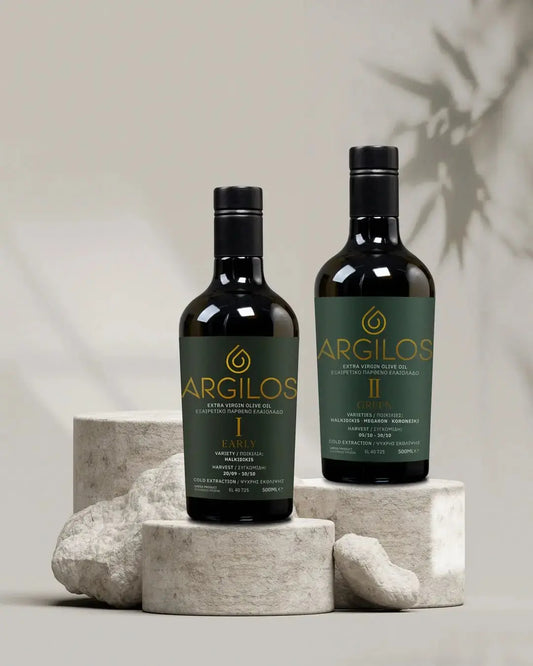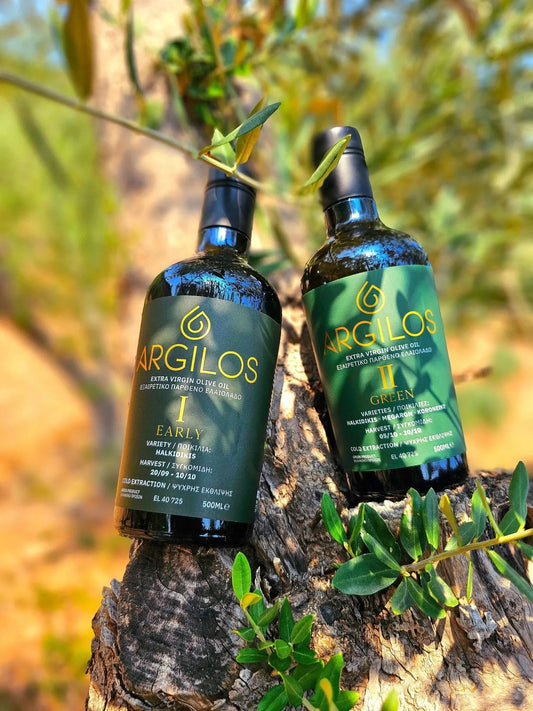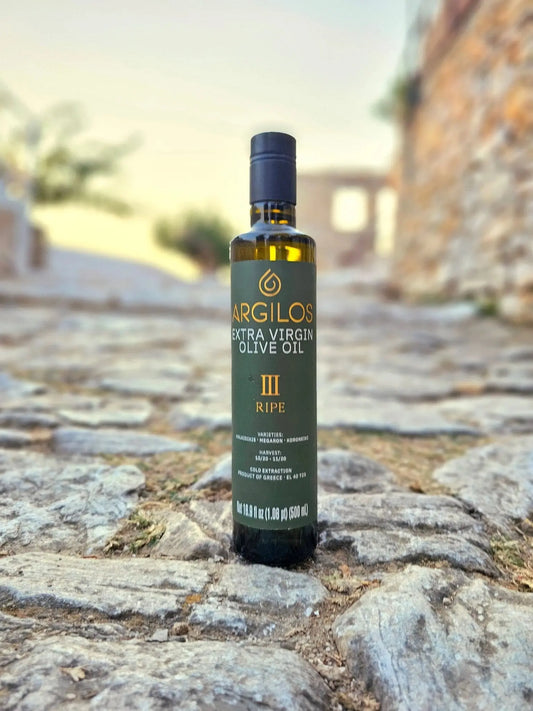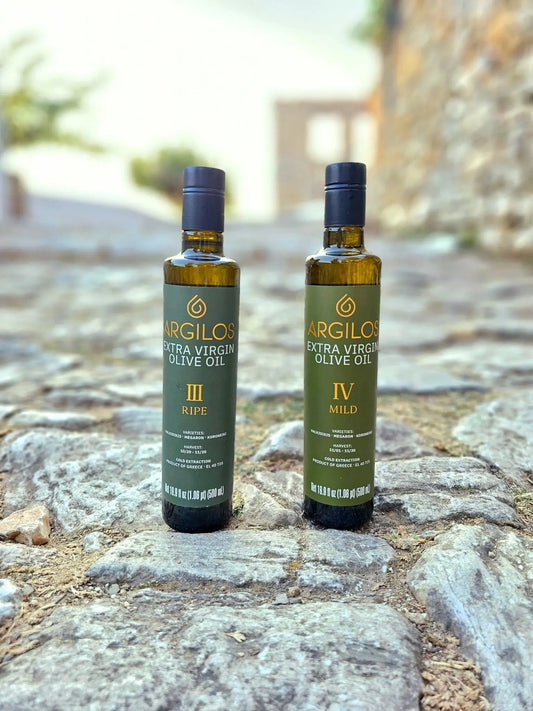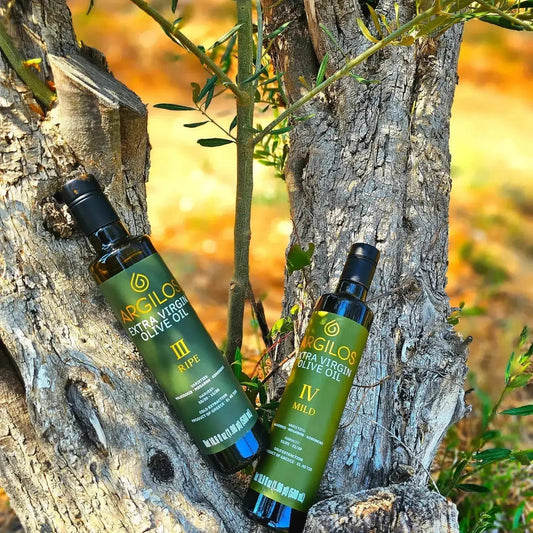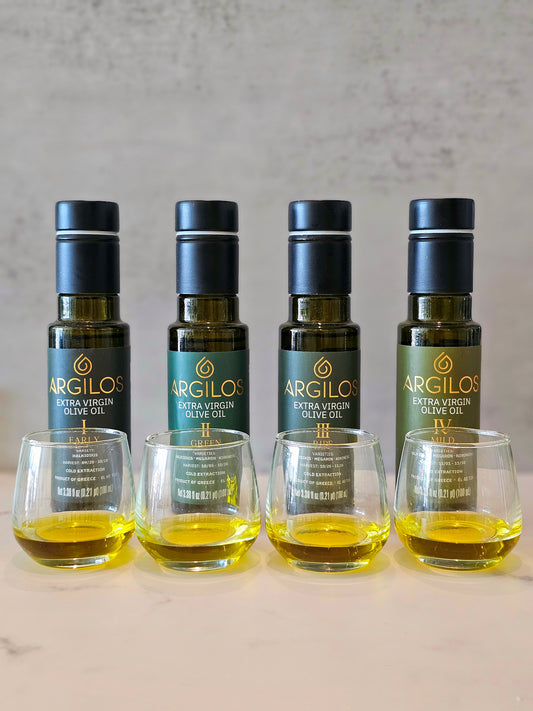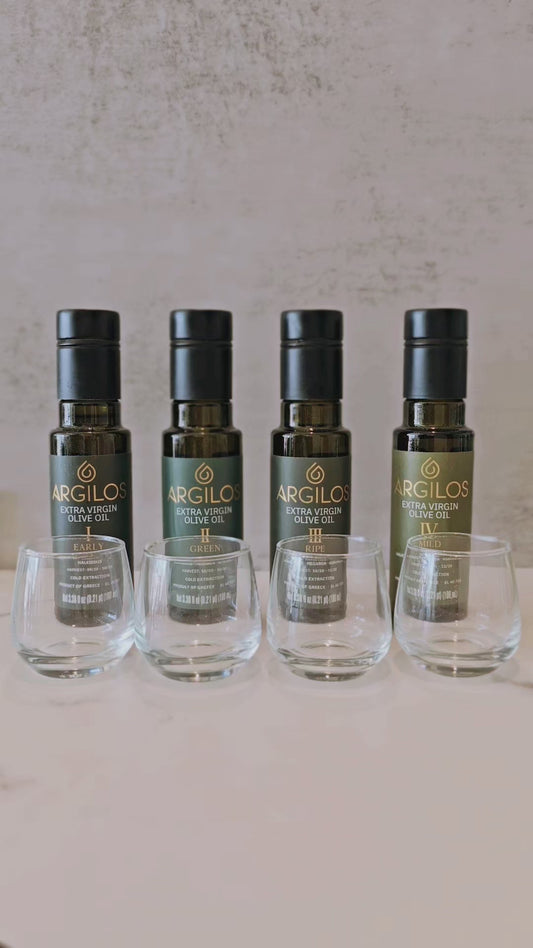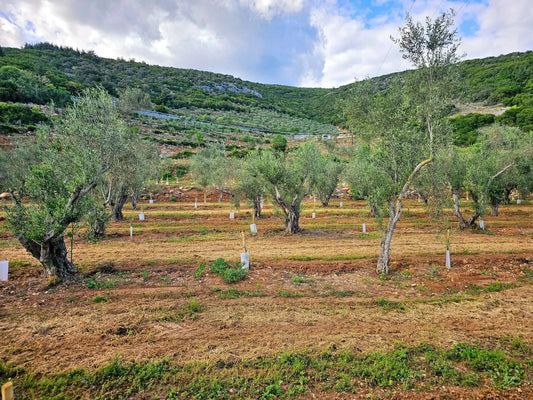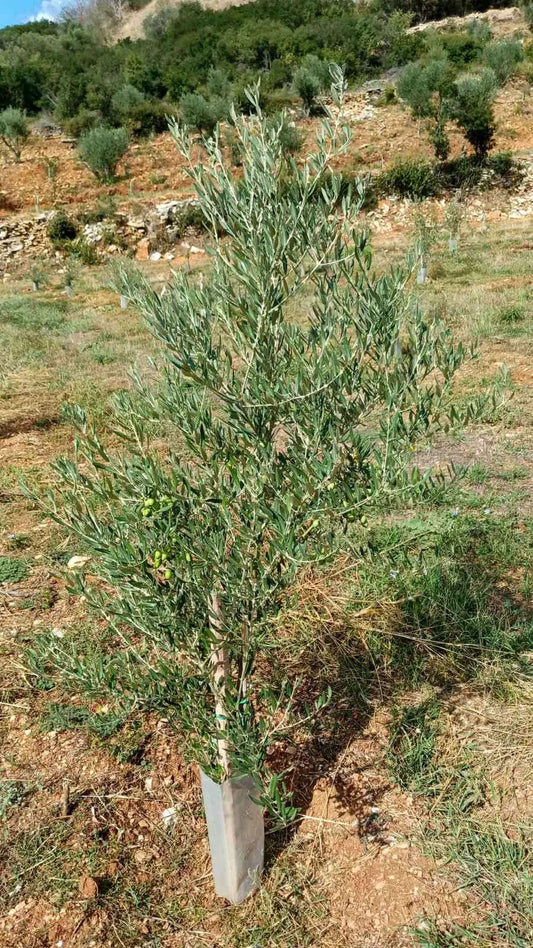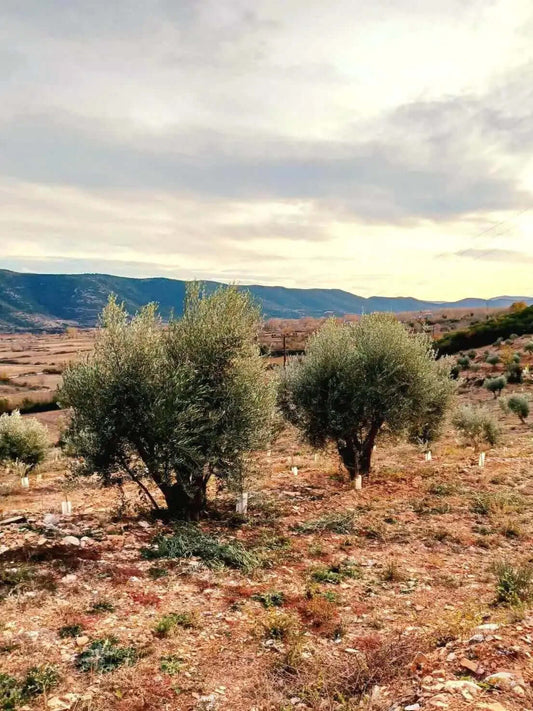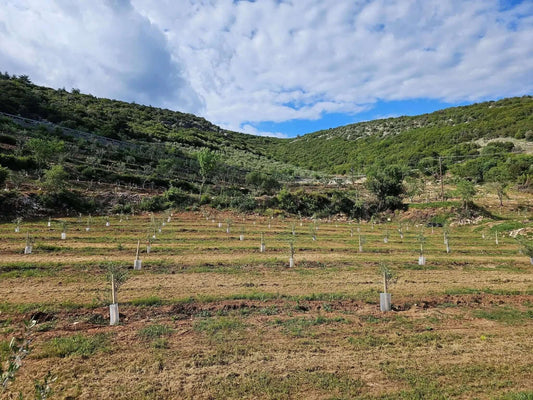Adopt an Olive Tree: A Sustainable Gift That Keeps on Giving
Share

The Sustainable Gift Revolution: Beyond Consumerism
In a world increasingly concerned with environmental preservation, the concept of gifting has undergone a profound metamorphosis. Traditional presents, often destined for obsolescence, are being supplanted by enduring alternatives that resonate with eco-conscious sensibilities. This paradigm shift represents more than a passing trend—it embodies a collective recalibration of values, emphasizing longevity and environmental stewardship over ephemeral satisfaction.
The contemporary gift-giver faces a conundrum: how to express affection while avoiding the pitfalls of excessive consumption. This dilemma becomes particularly acute during celebratory seasons when consumerism reaches its zenith. Fortunately, sustainable gift options are proliferating, offering thoughtful alternatives that minimize ecological footprints while maximizing meaningful impact.
The Environmental Cost of Conventional Gifting
The statistics are sobering: approximately 4.6 million pounds of wrapping paper are discarded annually in America alone, while countless gifts languish unused before eventually contributing to landfill accumulation. This cycle of acquisition and disposal extracts a substantial environmental toll, from resource depletion to carbon emissions associated with production and transportation.
Moreover, the psychological repercussions of materialistic gift exchanges warrant consideration. Research indicates that the initial euphoria of receiving conventional presents typically dissipates rapidly, yielding to what psychologists term "hedonic adaptation"—the human tendency to quickly return to baseline happiness levels regardless of material acquisitions.
Among the pantheon of sustainable gift ideas, olive tree adoption stands as a particularly ingenious concept. This initiative transcends mere symbolism, offering tangible benefits to both recipient and environment alike. By adopting an olive tree, one essentially becomes steward to a living entity capable of producing bountiful harvests for decades—even centuries—to come.
The Millennia-Old Mediterranean Tradition
Olive cultivation represents one of humanity's oldest agricultural endeavors, with evidence suggesting domestication occurred approximately 6,000 years ago. These venerable trees embody resilience, thriving in challenging Mediterranean terrains while producing fruits of remarkable versatility. The olive branch has persisted as a universal symbol of peace and prosperity across disparate cultures, lending additional significance to its adoption as a gift.
The Mount Pangaion region of Kavala, Greece, exemplifies this rich heritage. Here, ancient cultivation techniques merge with contemporary sustainable practices, creating an ideal provenance for adopted olive trees. This picturesque locale, with its optimal microclimate, produces olives of exceptional quality and distinctive character.
For those intrigued by sustainable gifting through olive tree adoption, Nostos Goods offers a meticulously curated experience that connects adopters directly with the ancient groves of Mount Pangaion. Their adoption program transcends simple transaction, creating an ongoing relationship between adopter and tree.
The Adopt an Olive Tree collection from Nostos Goods represents a quintessential marriage of sustainability and luxurious culinary experience. Each adoption package includes not merely symbolic ownership but entitles participants to receive regular shipments of extra virgin olive oil produced from their adopted tree. This arrangement transforms an abstract environmental contribution into a tangible, sensory experience that unfolds throughout the year.
Furthermore, adopters receive detailed information about their specific tree, including its approximate age, varietal characteristics, and photographic documentation. This personalized connection elevates the gift beyond mere commodity, creating an emotional investment in a living entity's continued prosperity.
Transparency and Traceability
In an era where provenance matters increasingly to conscious consumers, Nostos Goods employs QR technology enabling adopters to trace their olive oil directly to its source. This unprecedented transparency provides assurance regarding cultivation methods, harvesting practices, and processing techniques.
Each bottle of extra virgin olive oil arriving from an adopted tree comes with comprehensive information about harvest date, pressing time, and flavor profile characteristics. This meticulous documentation transforms each tasting experience into an educational opportunity, deepening the recipient's appreciation for this ancient food.
The Culinary Dimension: Beyond Symbolism
While the environmental and symbolic aspects of olive tree adoption prove compelling, the culinary benefits merit equal consideration. Recipients of this thoughtful gift receive not just any olive oil, but estate-specific, single-origin oil of exceptional quality.
Nostos Goods offers award-winning Argilos Extra Virgin Olive Oil in four distinct intensity levels, from robust early-harvest to delicate late-harvest varieties. This spectrum accommodates diverse culinary applications and personal preferences. Cold-pressed within hours of harvest, these oils retain maximum polyphenol content—beneficial compounds associated with numerous health advantages. Complementing their olive oils, Nostos also produces artisanal olive pastes in basil, oregano, green, and black Kalamon varieties, expanding the recipient's Mediterranean pantry.
Health Benefits of Premium Olive Oil
The health advantages of high-quality olive oil are extensively documented. Rich in monounsaturated fats and potent antioxidants, regular consumption correlates with reduced inflammation, improved cardiovascular health, and enhanced cognitive function. Unlike mass-produced alternatives, the premium oils derived from adopted trees maintain optimal nutritional profiles due to careful handling and minimal processing.
"Let food be thy medicine and medicine be thy food." This ancient wisdom from Hippocrates resonates particularly with olive oil, which bridges the gap between culinary delight and nutritional therapy.
The Environmental Impact of Olive Cultivation
Beyond personal benefits, olive tree adoption contributes significantly to environmental sustainability. These hardy trees sequester carbon effectively, with mature specimens capturing approximately 11 kg of CO2 annually. Their extensive root systems prevent soil erosion in vulnerable Mediterranean landscapes, while requiring minimal irrigation compared to many commercial crops.
Biodiversity Enhancement
Traditional olive groves, particularly those employing organic methods like Nostos Goods' partner farms, harbor remarkable biodiversity. These agricultural ecosystems support numerous bird species, beneficial insects, and native flora. By adopting a tree, gift-givers indirectly contribute to preserving these biodiverse habitats, increasingly threatened by agricultural intensification elsewhere.
- Carbon sequestration through long-lived woody biomass
- Soil stabilization in erosion-prone regions
- Habitat provision for Mediterranean wildlife
- Water conservation through drought-adapted cultivation
The Symbolic Dimension: Gifts That Grow
The symbolic resonance of gifting an adopted olive tree extends beyond environmental considerations. These ancient trees, capable of producing for centuries, represent continuity and intergenerational thinking. For milestone celebrations—weddings, births, graduations—this gift encapsulates aspirations for longevity and sustained prosperity.
A Living Legacy
Unlike conventional gifts that depreciate with time, adopted olive trees appreciate in value as they mature, potentially producing more abundant harvests with each passing year. This growth trajectory mirrors the development of meaningful relationships, making the gift particularly appropriate for commemorating evolving connections.
Frequently Asked Questions About Olive Tree Adoption
Prospective gift-givers often have questions about how adoption programs function practically. Here are answers to common inquiries:
Can I Visit My Adopted Tree?
Many adoption programs, including Nostos Goods', encourage adopters to visit their trees when traveling in the region. These visits can include guided tours of the groves, participation in harvest activities (seasonally dependent), and oil-tasting experiences. Such visits transform the adoption from abstract concept to tangible relationship.
What If The Tree Becomes Diseased?
Reputable adoption programs maintain comprehensive tree health protocols. In the unlikely event that a specific tree encounters problems, adopters typically receive reassignment to another comparable tree within the same grove, ensuring continuity of the relationship and product supply.
How Is The Oil Distributed?
Distribution mechanisms vary between programs. Typically, adopters receive scheduled shipments following the annual harvest, with quantity depending on the specific adoption package selected. Some programs offer flexibility regarding delivery timing or product selection within their range.
Conclusion: The Gift That Truly Continues Giving
In an age of increasing environmental awareness and desire for meaningful connections, olive tree adoption represents a gift of remarkable versatility and depth. Beyond its sustainable credentials, it delivers tangible culinary benefits while establishing an ongoing relationship between recipient and a specific place in the world.
For the eco-conscious gift-giver seeking alternatives to conventional consumerism, few options combine symbolic resonance, practical utility, and environmental benefit so elegantly. As we collectively reconsider our gifting practices, the ancient olive tree emerges as a thoroughly modern solution—connecting us to sustainable traditions while nourishing both body and planet for generations to come.

